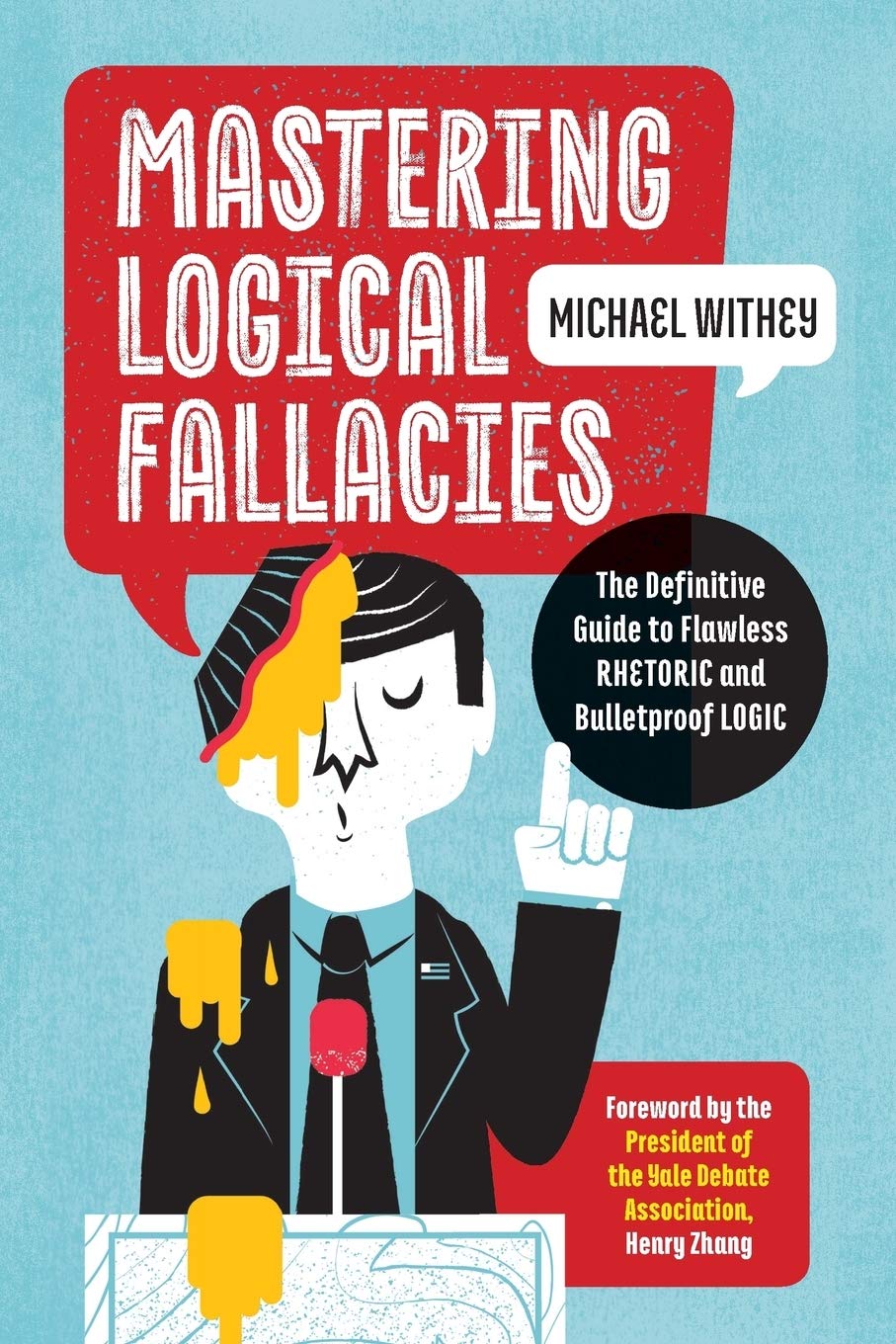
Tu Quoque
Tu quoque is a fallacy answering criticism with criticism, or turning the argument back around on the other person. It also applied the logic that because someone has done something, that it justifies someone else doing the same thing.
Example of Tu Quoque
- The Ancient Greeks were some of the greatest thinkers. They had slaves, so we should have slaves too.
- Jason: You cheated on your test. Don't you know that is wrong? David: Didn't you cheat on your test last year?
Alternative Name: The two wrong fallacy

Books About Logical Fallacies
A few books to help you get a real handle on logical fallacies.





Tu QuoqueExtended Explanation
The Tu Quoque fallacy (Latin for "you, too") is a logical fallacy that occurs when someone responds to criticism or an accusation of wrong-doing by pointing out that their accuser has done the same thing. This is a logical fallacy because it does not address the issue at hand, instead it attempts to deflect attention away from the accuser by pointing out similar behavior from the accuser. It attempts to shift the focus from the accused to the accuser, thus avoiding any discussion of the original accusation.
The Tu Quoque fallacy is an attempt to divert attention away from the accusation by pointing out that the accuser has done the same thing or something similar. This is done in order to avoid any discussion of the original accusation. It is important to note that the Tu Quoque fallacy does not address the validity of the original accusation. It only serves to distract from it and divert attention away from it. This type of argument also implies that since both parties have engaged in the same behavior, then neither party is guilty of wrong-doing.
The Tu Quoque fallacy can be seen in many different contexts. It is often used in political debates and discussions, as well as in everyday conversations. It is also often used as a form of defense in criminal cases. In these cases, the accused may attempt to deflect blame from themselves by pointing out that their accuser has done the same thing.
The Tu Quoque fallacy is an example of a logical fallacy because it does not address the validity of the original accusation, as it only serves to distract from it. It is important to remember that pointing out similar behavior from the accuser does not make the accused any less guilty. It is also important to remember that the Tu Quoque fallacy is a logical fallacy, and should not be used as a form of defense or argument.